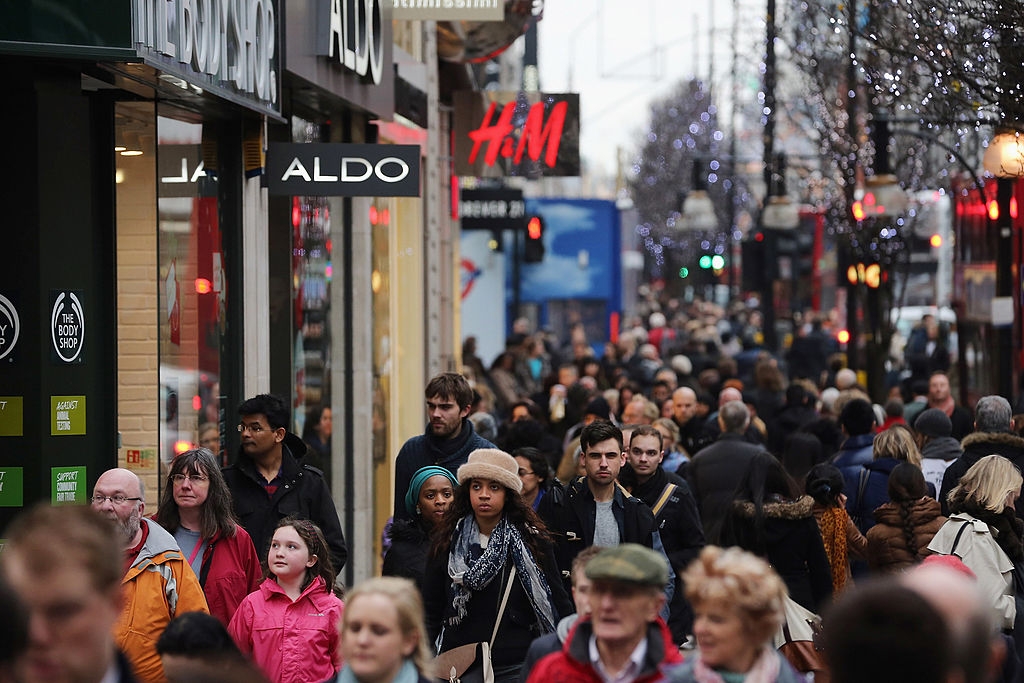A new report by the UK government’s Commission on Race and Ethnic Disparities has been published today. At over 250 pages, it is a meaty document that makes a total of 24 recommendations, based on four broad themes: ‘building trust’, ‘promoting fairness’, ‘creating agency’, and achieving inclusivity’.
But one of its more eye-catching conclusions – which will inevitably cause a stir in the ‘anti-racism’ circles which have rallied behind the Black Lives Matter movement – is that the report says Britain is a successful multi-racial democracy. It argues that the country has come a long way over the past 50 years in terms of race relations, and as a result we have witnessed considerable ethnic-minority successes in education, and to a lesser extent, in employment. The report asserts that Britain ‘should be regarded as a model for other white-majority countries.’
This is an argument I have been making for some time. For all its flaws, Britain has established itself as a European leader in fostering social cohesion and economic fairness – especially when it comes to race. There is a salience and attention on racial equality here in the UK – in policymaking, the media, and academia – which is seldom found in supposedly ‘progressive’ continental nations. In France, the collection of data based on race and ethnicity is deemed to be culturally unacceptable under its model of colour-blind republican universalism. And its traditionally puritanical commitment to defending the ‘indivisible Republic’ means that there is a mainstream political reluctance to engage with matters of racism and discrimination faced by minorities – especially when it comes to groups originating from northern and western Africa.
According to the 2020 Migrant Integration Policy Index, the UK comfortably outperforms diverse white-majority European countries such as France, Germany and the Netherlands when it comes to anti-discrimination protections on the grounds of race, ethnicity, and religion. It is also ahead of its white-majority Commonwealth counterparts with notable ethnic-minority populations, such as Australia and New Zealand. The migrant integration index concludes that people who suffer from discrimination in the UK benefit from some of the ‘strongest equality bodies’ in the world. This is admittedly an inconvenience for the doom-and-gloom merchants of the ‘identitarian lobby’ who paint Britain as a society where institutional bigotry is rife.
The one Commonwealth country of note which tends to perform more strongly than the UK on ethnic-minority social and economic integration is Canada. But here’s the catch. While Britain has historically experienced considerable volumes of inward migration from materially-deprived parts of the world with different cultural norms, Canada has traditionally implemented a relatively open but ultimately selective immigration policy which could be described as a ‘liberal-conservative’ compromise.
The reality of the matter is that integration and social progress is largely shaped by patterns of migration and the socio-economic status of someone’s country of origin – and this can feed into long-standing disparities between different non-white groups living in the UK. While this is something which is often overlooked in debates about ethnic-minority integration, it is clearly acknowledged in the government’s new report.
There is much work to be done in creating a more cohesive and trusting society, as well as fostering meaningful institutional change to strengthen equality of opportunity. To further build on its undeniable successes as a multi-racial democracy, the UK should not be complacent about these issues. A ‘New Britain’ should be relentless in its commitment to meritocratic ideals – and it should also reject the calls for equality of outcomes rather than equality of opportunities. After all, the majority of Brits from all walks of life want fairness, not favours.






Comments